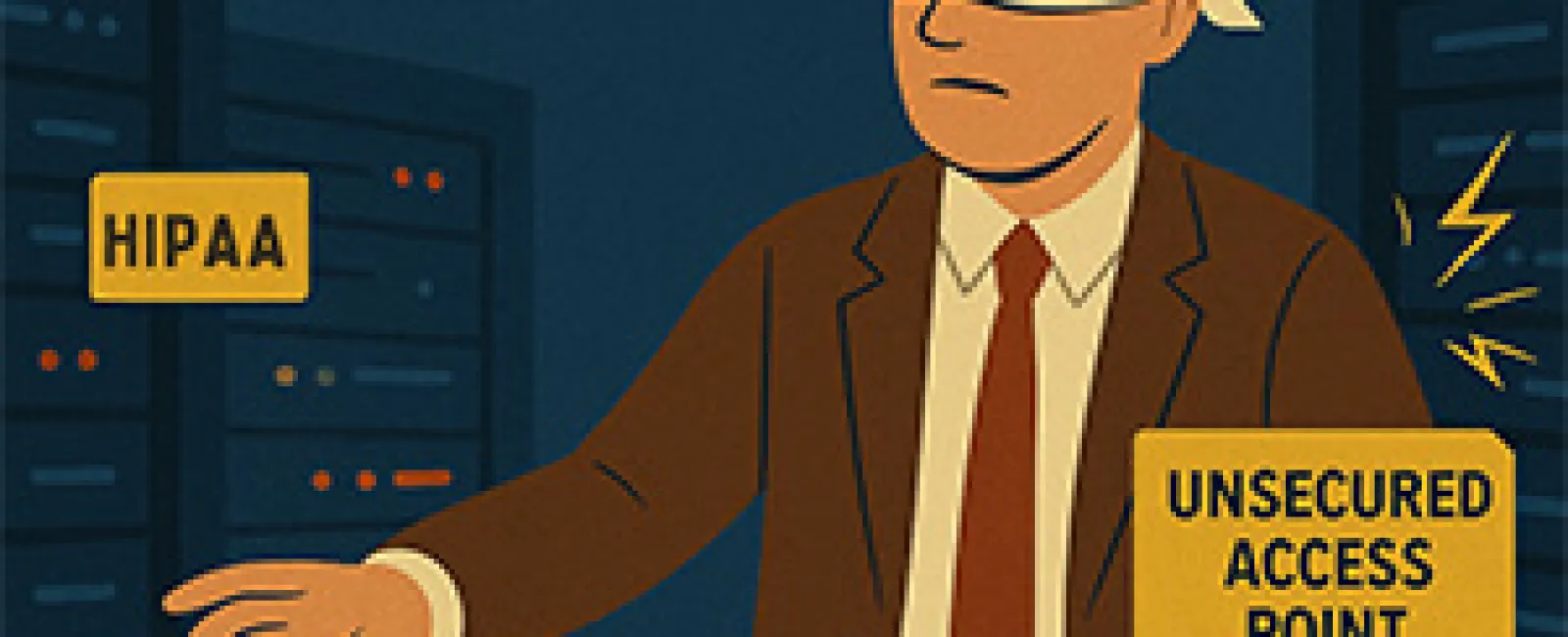July 14, 2025
Many small business owners mistakenly believe that regulatory compliance is only a concern for large corporations. However, in 2025, this assumption is far from reality. With regulations tightening across industries, small businesses are now a primary focus for enforcement agencies.
Why Compliance Is Crucial Now More Than Ever
Regulatory authorities such as the Department of Health and Human Services (HHS), the Payment Card Industry Security Standards Council (PCI SSC), and the Federal Trade Commission (FTC) have ramped up their vigilance on data security and consumer privacy. Failing to comply isn't just a legal risk—it can lead to severe financial penalties and irreparable damage to your business reputation.
Essential Regulations Impacting Small Businesses
1. HIPAA (Health Insurance Portability and Accountability Act)
If your business manages protected health information (PHI), HIPAA compliance is mandatory. Recent updates highlight:
●
Encryption is now compulsory for all electronic PHI.
●
Regular risk assessments must be conducted to uncover vulnerabilities.
●
Ongoing employee training on privacy and security protocols is required.
●
Incident response plans must be established to address potential data breaches.
Noncompliance can lead to substantial fines. For example, in 2024, the HHS fined a small healthcare provider $1.5 million due to insufficient data protection.
2. PCI DSS (Payment Card Industry Data Security Standard)
Businesses processing credit card transactions must comply with PCI DSS. Key requirements include:
●
Secure storage of all cardholder data.
●
Continuous network monitoring and vulnerability testing.
●
Implementation of firewalls and robust encryption.
●
Strict access controls to limit data exposure.
Penalties for noncompliance can range from $5,000 to $100,000 per month, depending on the violation's severity and duration.
3. FTC Safeguards Rule
Businesses handling consumer financial data must:
●
Create a documented information security plan.
●
Assign a qualified security officer to oversee protections.
●
Perform regular risk evaluations.
●
Implement multifactor authentication (MFA) to enhance security.
Violations can incur fines up to $100,000 per incident for businesses and $10,000 for individuals responsible. The risks are significant.
Real-World Impact of Noncompliance
Consider a small medical practice hit by a ransomware attack due to outdated security. They faced a $250,000 fine from the HHS and suffered a major loss of patient trust, causing a steep decline in business. Taking control of your data security is essential to avoid such consequences.
How to Achieve Compliance
- Perform Thorough Risk Assessments: Regularly check your systems to spot and fix vulnerabilities.
- Adopt Strong Security Measures: Utilize encryption, firewalls, and MFA to safeguard sensitive information.
- Educate Your Team: Make sure employees understand compliance rules and security best practices.
- Create an Incident Response Plan: Be prepared with clear steps to handle data breaches.
- Work With Compliance Specialists: Partner with experts who can navigate complex regulatory landscapes for you.
Act Now Before It's Too Late
Compliance is more than a legal duty—it safeguards your business's reputation and future. Ignoring these critical regulations can lead to severe financial losses and lasting harm to your brand.
Ready to Evaluate Your Compliance Status?
We help you uncover vulnerabilities and ensure your business meets all regulatory standards. Don't risk your success with hidden compliance gaps.
Click here or call us at 332-217-0601 to Speak to an Expert today.



